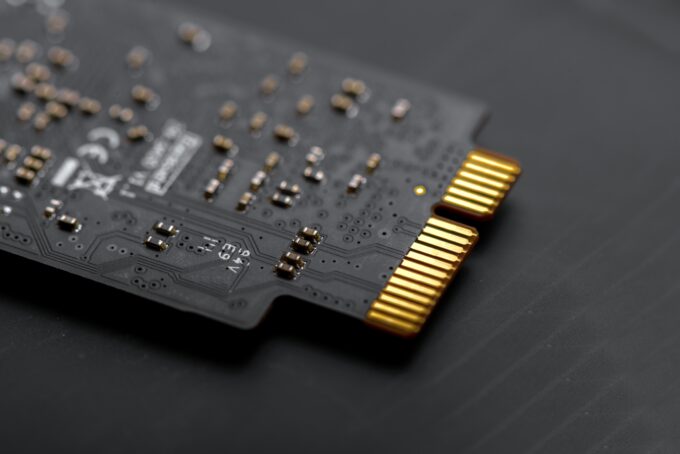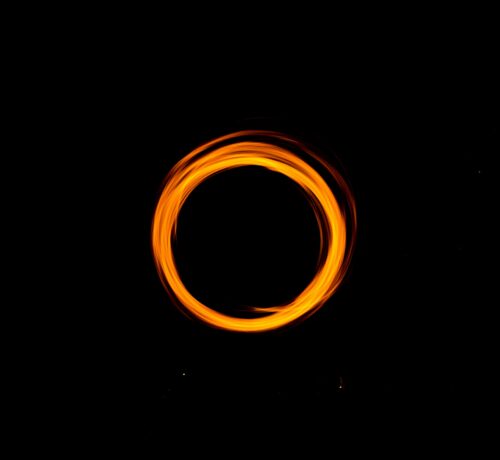We’ve made substantial technological leaps when it comes to electronics. Nowadays, electronic products are vital in people’s lives and doing business. However, we still have the same outdated consumption habits resulting in environmental and economic pitfalls. Add to this the fact that inflation shot up in the last few years, it’s critical for companies to streamline their IT budget.
Procurement trends and e-waste generation
Even today, IT hardware accounts for more than 30% of the total IT budget. For a company to remain competitive, it is vital to adopt circular practices which will lead to financial benefits. Frequent cycles of upgrading still perfectly working hardware results in increased e-waste generation that contains highly toxic substances like harmful chemicals and heavy metals. Even limited exposure to these can result in adverse reactions. Globally, an alarming 50 million tonnes of e-waste is produced yearly, which is valued at more than $62.5 billion.
What is linear consumption of electronics?
Linear consumption is basically a “take-make-dispose” approach to a product. The focal point of this type of system is to sell as many products as possible. However, it does not account for factors becoming more relevant today – increased competition, smaller margins, and dwindling resources. It is also a massive money sink, something that businesses should avoid during these challenging times.
To be fair, the blame does not solely lie with the consumers here. The products that are disposed of are perfectly serviceable for their current needs. The problem is that manufacturers also push for quicker disposal of products by gradually limiting support (repairs, updates, and service). This leaves consumers in an unfortunate situation where their only choice is to upgrade to newer hardware while disposing of existing equipment. This is called planned obsolescence and is quite evident even today.
A linear consumption methodology will not be a viable alternative for consumers in the coming years. The reason is simple – our current supply chain cannot keep up with the demand.
Current supply chain failings
Several issues like logistics disruption, production delays, and overreliance on a limited number of OEM manufacturers have contributed to the weakening of the IT global supply chain. It has driven an already delicate supply chain to its limit, causing supply shortages and price spikes worldwide.
The lack of an adequate IT supply chain has affected every type of business. There were 4200 disruptions in the supply chain in 2020, which is a 14% increase compared to 3700 in 2019. The global supply chain pressure index went from 0.11 in October 2021 to an all-time high of 4.31 in December 2021.
All these statistics point to the fact that supply chains are vulnerable to disruptions even in this day and age. The bad news is that these supply chain disruptions can persist and increase over time, given the volatility of the current geopolitical status and their effect on pricing.
Businesses must come to terms with the harsh truth that the global supply chain is not prepared to deal with linear consumer habits. This is why we need a solution that shifts the focus from simply consuming IT hardware to repair, reuse, and refurbish.
Circular economy – a future-proof solution
The circular economy represents a paradigm shift from the current linear consumption model. The goal is to re-engineer the concept of consumption and production by establishing circulatory practices. In other words, the circular economy focuses on a zero-waste policy that exists as a shared responsibility between producers and consumers.
A circular economy has inherent advantages for a business that makes it a much more viable option – it is easy to implement, scalable, and improves ROI. It is why huge corporations are adopting a circular economy. It can help them remain competitive in a challenging market.
Summing (Circular) IT up
Aliter Networks as a brand has always promoted Circular IT as a solution for the future of the global business fraternity. We are a B-Corp, meaning our goal is to offer value to our customers without the ecological fallout associated with other IT suppliers. Our focus is on refurbishment as a default approach for any product that is approaching “artificial” limits set by manufacturers like EOL and ESL.
If you’re looking for an experienced and reliable IT hardware supplier, we are your first choice. Aliter can help you become competitive in today’s hyper-aggressive market. With us, you save on procurement by as much as 65% compared to buying new. Our international logistics network ensures reduced lead times for delivery of your products. We can also assist you through our consulting services if you need advice on your existing IT infrastructure.
Find a solution for your hardware eco-system!
Reach out to Aliter – we can help your business become leaner and more competitive. You can request a quote on our contact form – we’ll get back to you as soon as possible. Also, if you’d like to call us, our number is +31 202 400 600.





